Acknowledgments
Id like to thank those people who have been very generous with their time, their ideas, and their hospitality, especially Monica Larner, Christopher Emsden, Elisabetta Povoledo, Davide and Safia Danovi, Susan Briggs, and of course my parents, Lynne and Joe. Writing books over the years has been a lot of fun, but it couldnt have happened without the help of friends and family.
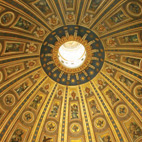 Sometimes when Im mindlessly stirring cherry tomatoes in a saucepan, or ironing a favorite shirt that I bought at a wedding in Palermo, I think about what my life would be like had a string of coincidences not fallen into place a decade ago.
Sometimes when Im mindlessly stirring cherry tomatoes in a saucepan, or ironing a favorite shirt that I bought at a wedding in Palermo, I think about what my life would be like had a string of coincidences not fallen into place a decade ago.
What if I hadnt been at a reporters desk in Vermont at that time, contemplating a move, when my sister came around looking for a roommate in Italy? What if that job had never opened up in Milan just as I was considering the flight back home? What would life have been like then? Its like closing your eyes and pondering what would have happened if your parents had never met. Of course, I have no idea what Id be doing now if I hadnt moved to Italy, but I know exactly what I would never have done. I would never have been able to drive to the Riviera on a whim. I would never have skied Mount Etna hours before it erupted. I doubt that I would have spared vacation time to walk through Venice on a silent, rainy weekday in February and seen la Serenissima the way it was meant to be seen. I can say with certainty that I would never have found myself pacing around Giorgio Armanis empty apartment, dodging cat litter boxes while I waited for him to show up for an interview. These are odd, once-in-a-lifetime experiences that the average traveler would see as a windfall, and the resident of Italy almost takes for granted.
You dont have to be an adventurer or a collector of bizarre experiences to appreciate Italy. There are as many reasons to move here as there are people who do: to ski in the Alps every weekend in the winter; to cycle through the cypress-lined hills of Tuscany every weekend in spring; to spend your summers loafing on the rose-colored beaches of Sardinia; to eat porcini and drink Brunello di Montalcino in the Apennines; to spend years studying the frescoes of Giotto in the Scrovegni Chapel; to become an expert on a little-known quarter of Rome.
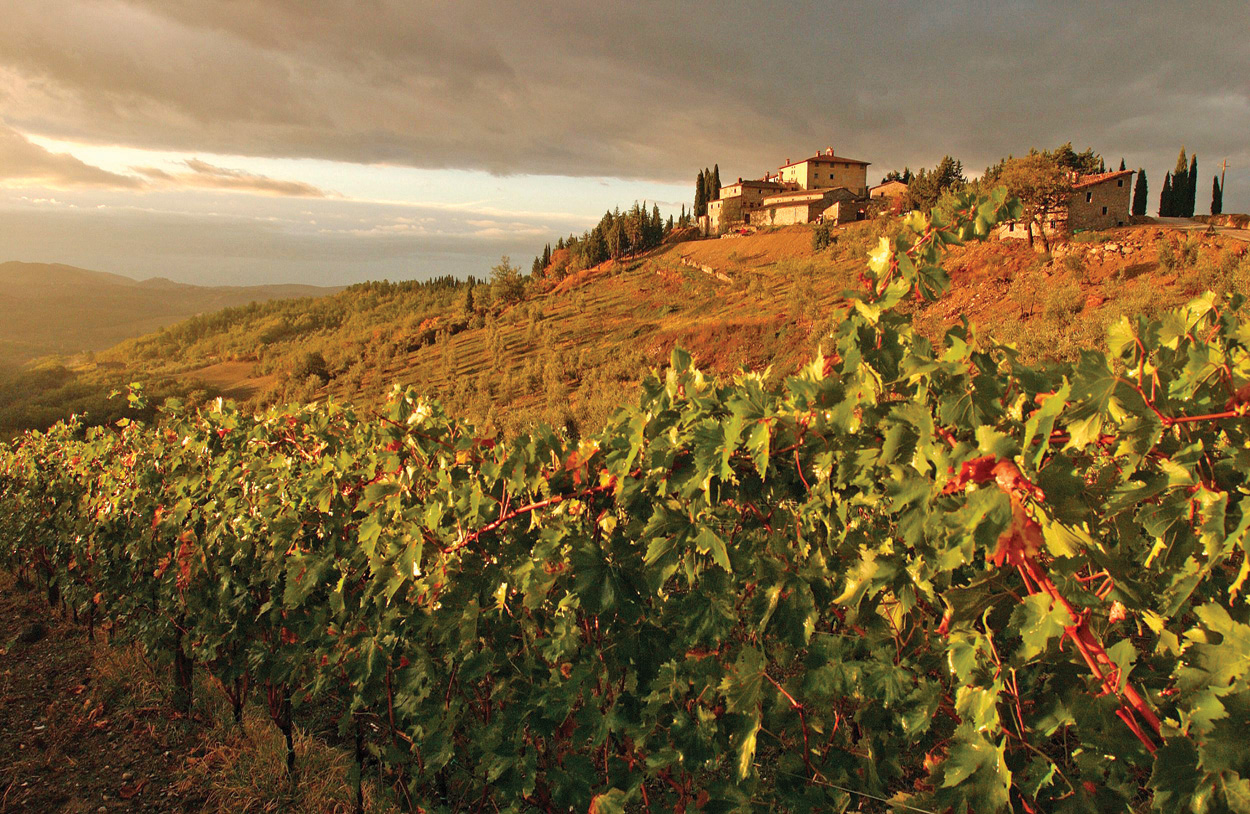
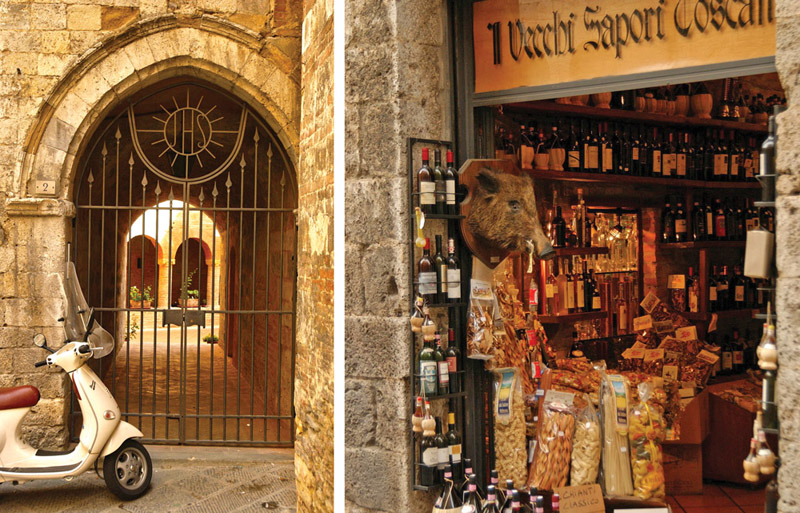
The pleasures and beauty of Italy are legendary, but the thing that really keeps you here is the people. The calm pace and perspective of the Italian people will rub off on even the most rigid and restless foreigner. Living in this beautiful country will also have some effect on your worldview. Whether you believe that Europes mores represent the past and that the continentals look to the West for the future, or whether you are beginning to suspect that the opposite may be true, there is still no substitute for living in the cradle of Western civilization to grasp where we have been, how ideas and empires blossomed and died. Discussing current events, your convictions will be either strengthened or tested after sharing dinner tables with people who have survived a war in their backyards and who have lived under the specter of domestic terrorism throughout much of their lives. In the end, I think this is the part of living in Italy that I would have missed the most had I never landed here in the first place. I have made some very good friends.
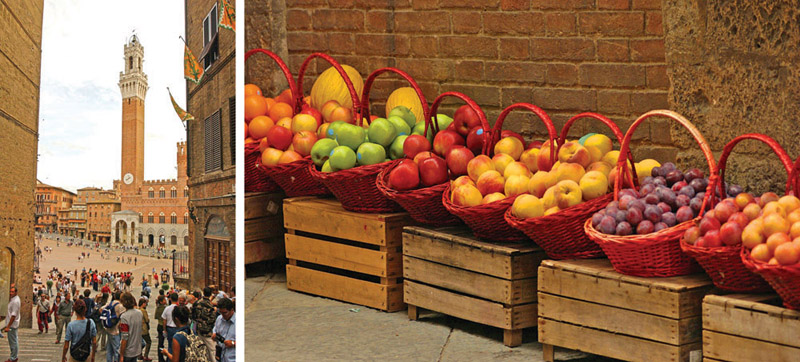
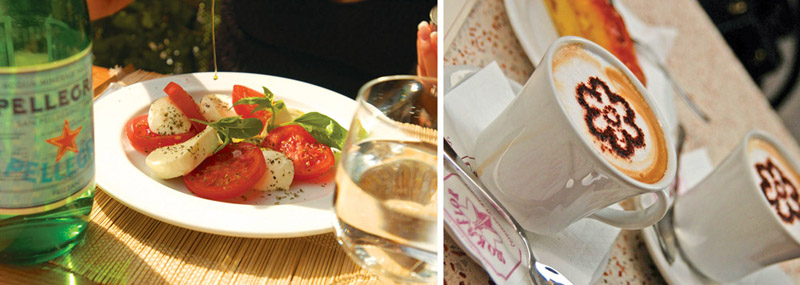

WHAT I LOVE ABOUT ITALY
- You dont leave home in the morning without your sunglasses.
- Espresso, cappuccino, and macchiato are perfect every time.
- When you order an orange juice, the bartender picks up an orange.
- Your 3 oclock meeting is in a frescoed palace that is 700 years old.
- Everything is a work of art.
- Five weeks of vacation are the norm, and some of the nicest vacation spots in the world are only a few hours drive away.
- Simple, traditional recipes + fresh, local ingredients = a great meal.
- You can still find a cobbler to repair a shoe, and it is done with care.
- A perfectly good bottle of wine at the supermarket costs 5.
- Friends and family greet you at the airport.
- Saturday: Ski a steep, powdery slope in the Alps. Sunday: Sunbathe on the Riviera.
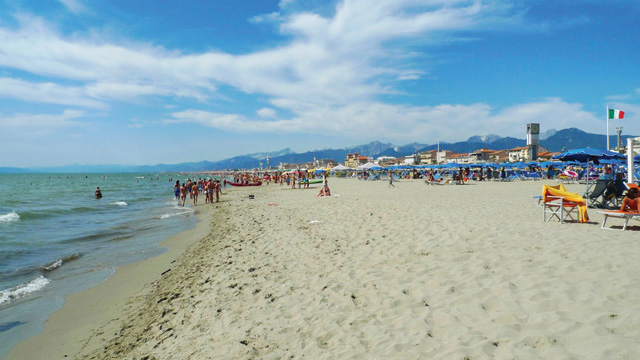
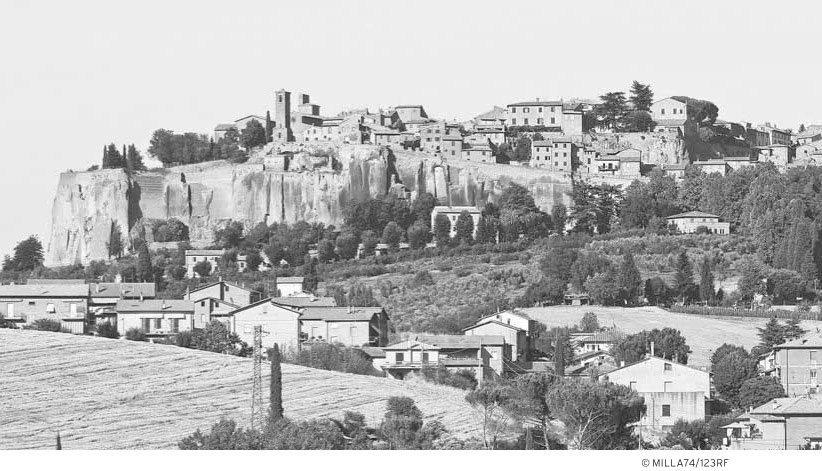
When you step off the plane in Italy, feel the balmy breeze, and hear the conversations of people who dont seem to have a care in the world, its as if youve returned to a more innocent time. You can see the relief on Italians faces when they hear their own language and share a wisecrack with a perfect stranger about a baggage belt thats taking hours to get rolling. This is our country, they think, warts and all, and we wouldnt have it any other way. They may have just returned from London or Munich or Brussels, all very orderly places where problems are quickly resolved and anyway dont seem to pop up quite as frequently, but where people seem to be more stressed nonetheless.
Sure, there are Italians who feel exasperated with a lot of things about their country, but theyll rarely complain about it. When faced with a long line at the post office, they dont fume over it and stamp their feet, but rather occupy themselves with more important thoughts, like where to go for dinner that night, or else strike up a conversation with the person next to them.
This human touch, a tolerance bordering on appreciation for the countrys blissful imperfections, is what makes an everyday event such as grocery shopping more a recreational activity than a chore. In Italy, its not a matter of driving to the supermarket and loading as many plastic bags into a minivan in as little time as possible. Instead, youll walk down cobblestone alleys to markets where vendors spend the time to tell you how to prepare a certain fish or which vegetable to choose as a side dish, even if it means that the person behind you has to wait a few more minutes.
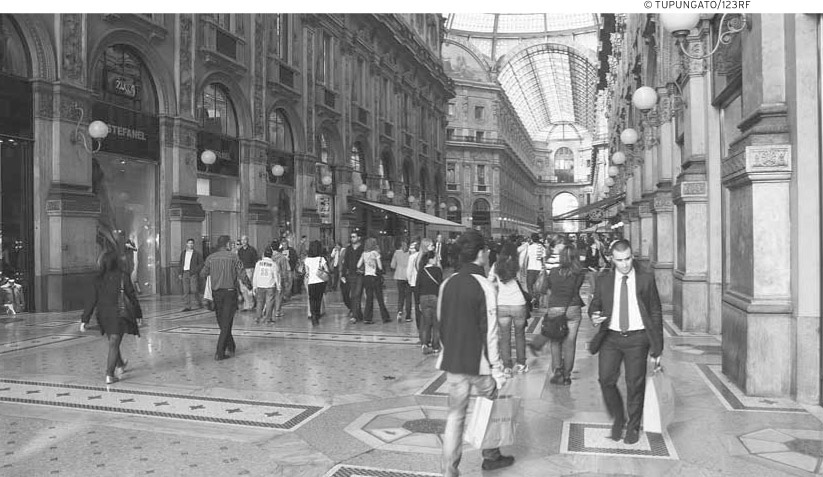
A patriotic poem written during the unification of Italy noted that the three colors of the Italian flag represent the variety of the countrys geography: red, the glow of the Souths volcanoes; white, the snow of the Alps; green, the Po River plain. The lines may come off as a little cloying, but once you set eyes on Italy, it is hard not to wax poetic. It is one of the most captivating landscapes in the world, containing every conceivable hue, altitude, temperature, and texture. In a rare instance of understatement, Italians call it simply il bel paese (the beautiful country).



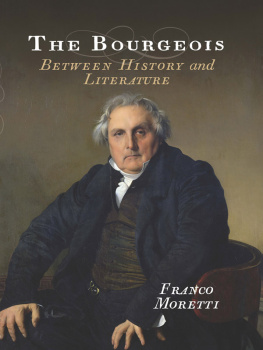
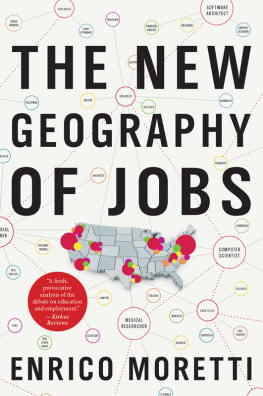
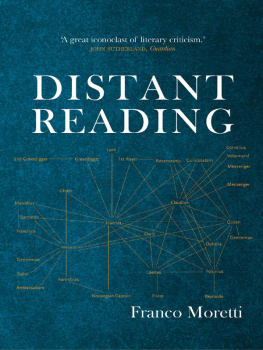

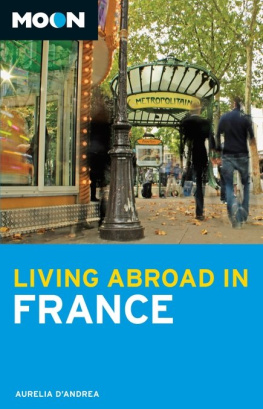
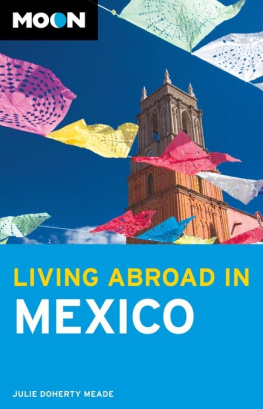
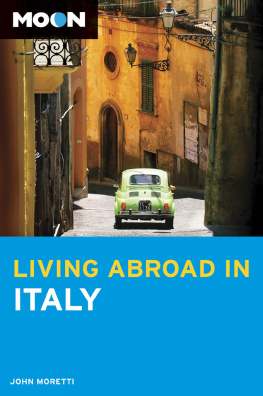
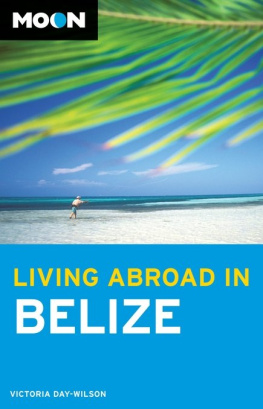
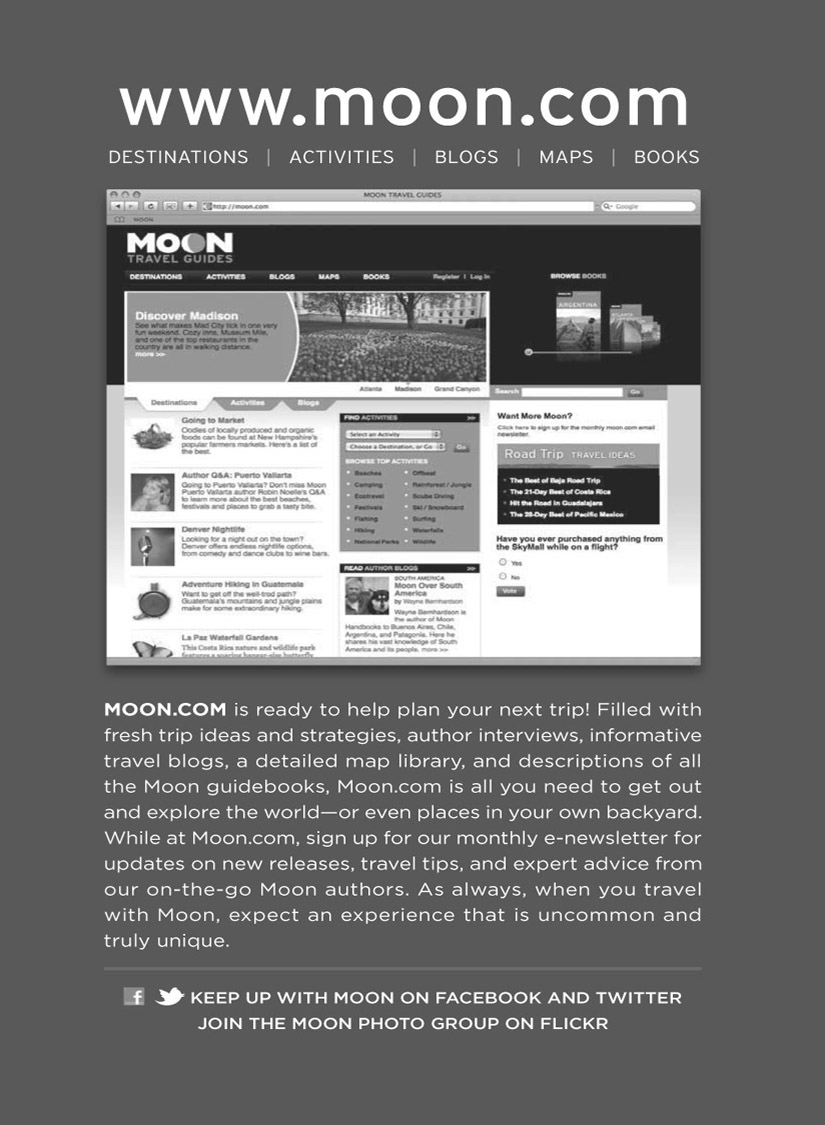
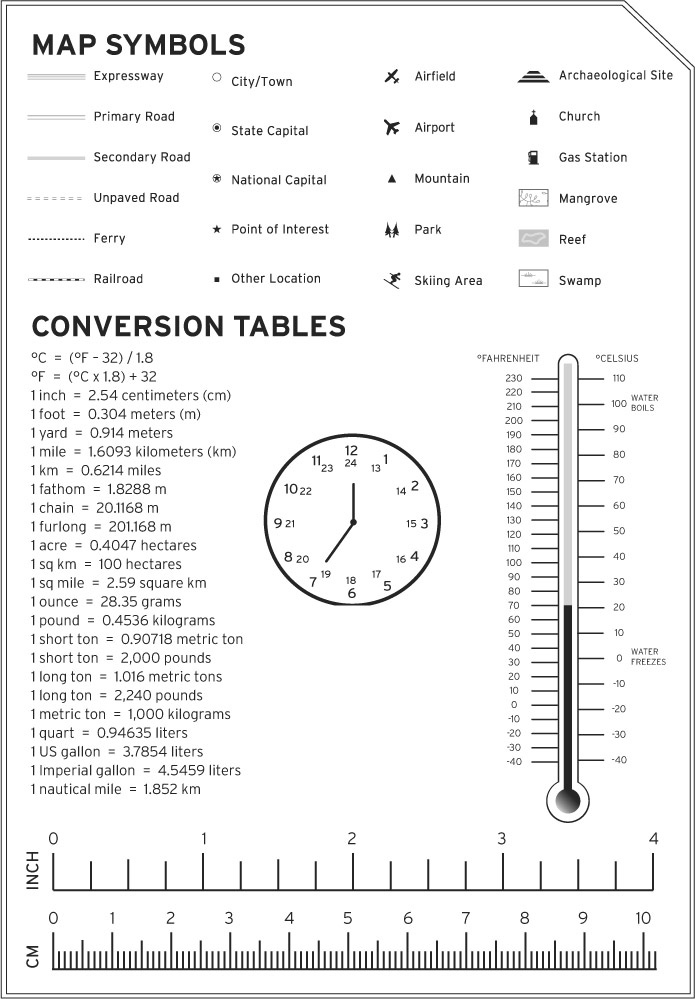
 Sometimes when Im mindlessly stirring cherry tomatoes in a saucepan, or ironing a favorite shirt that I bought at a wedding in Palermo, I think about what my life would be like had a string of coincidences not fallen into place a decade ago.
Sometimes when Im mindlessly stirring cherry tomatoes in a saucepan, or ironing a favorite shirt that I bought at a wedding in Palermo, I think about what my life would be like had a string of coincidences not fallen into place a decade ago.



 WHAT I LOVE ABOUT ITALY
WHAT I LOVE ABOUT ITALY

